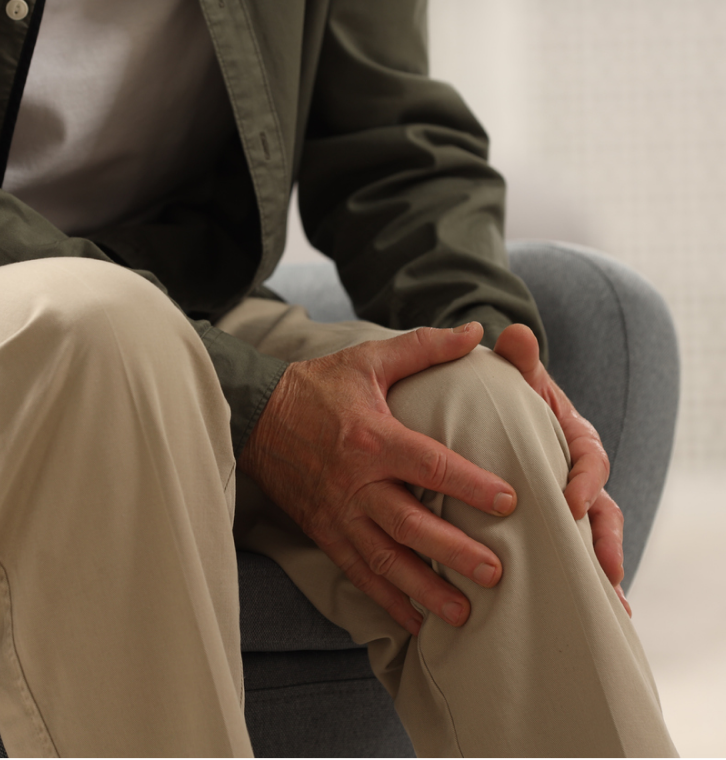
What is Knee Arthritis?
Knee arthritis is a degenerative joint condition that affects millions of people worldwide. It occurs when the cartilage in the knee joint breaks down, leading to pain, stiffness, and reduced mobility. This condition can significantly impact a person’s quality of life, making everyday activities challenging and sometimes painful.
There are several types of knee arthritis, with the most common being:
- Osteoarthritis: Often referred to as “wear and tear” arthritis, this is the most prevalent form. It typically develops as people age and the cartilage in their joints naturally deteriorates.
- Rheumatoid Arthritis: An autoimmune disorder where the body’s immune system attacks the joint lining, causing inflammation and damage.
- Post-traumatic Arthritis: This type develops after a knee injury, such as a fracture, ligament tear, or meniscus injury.



